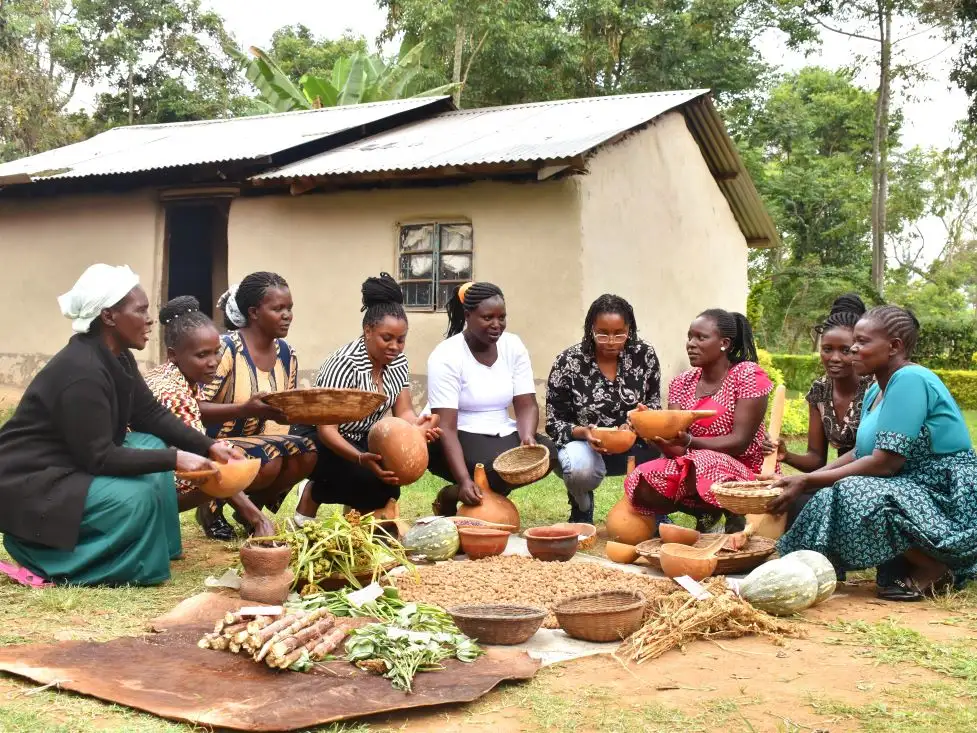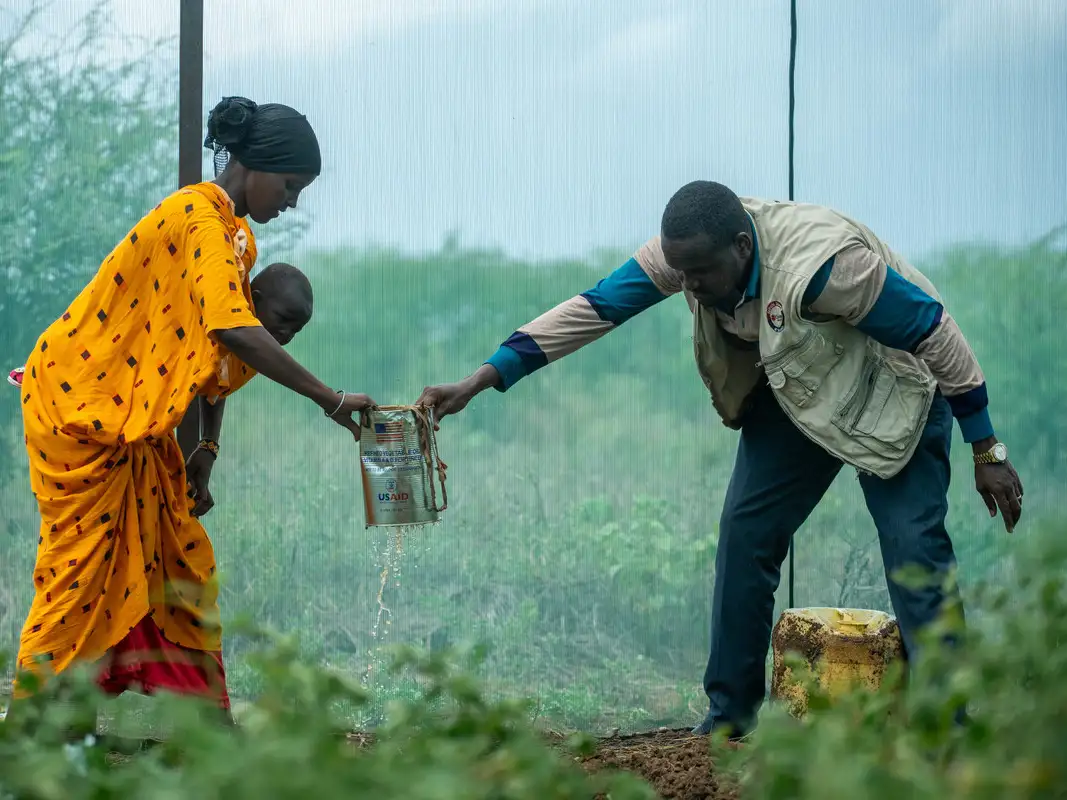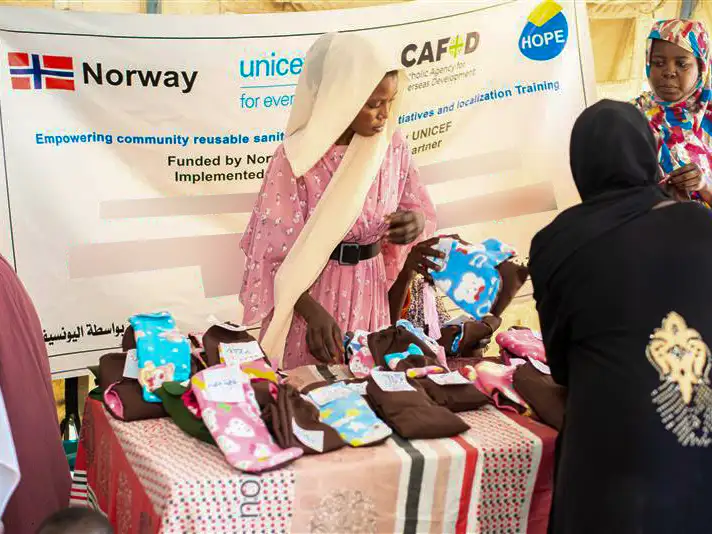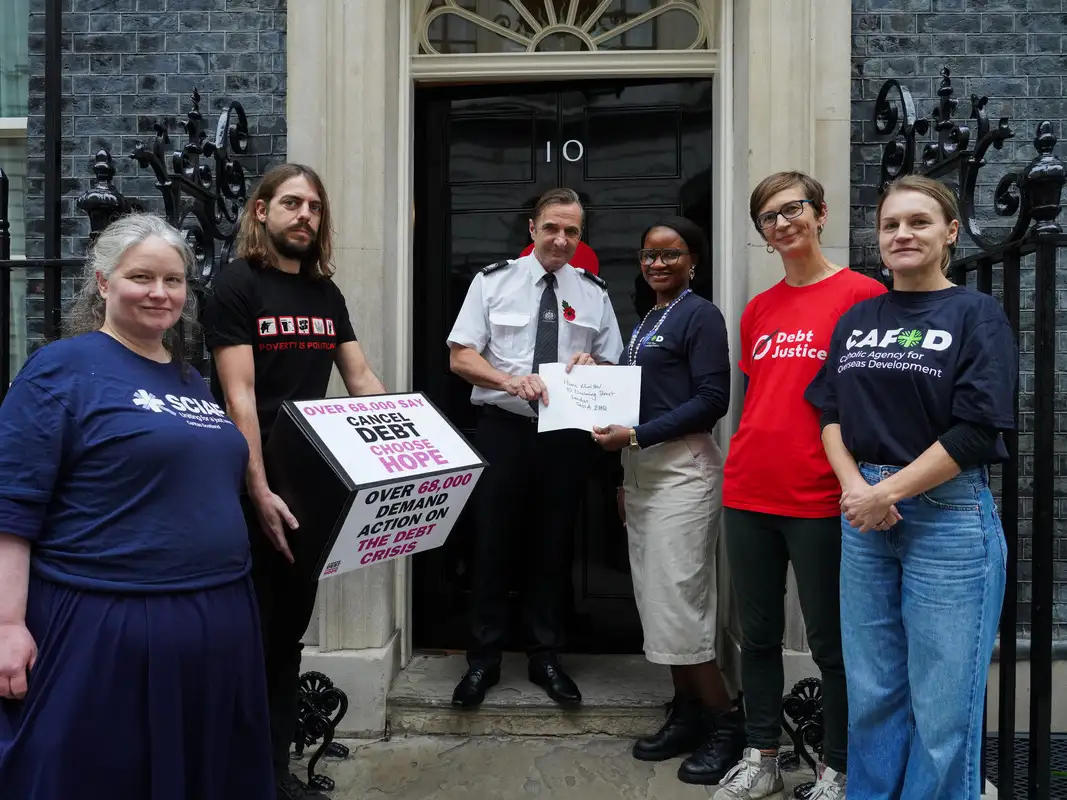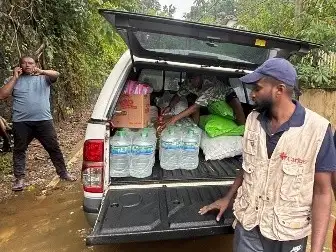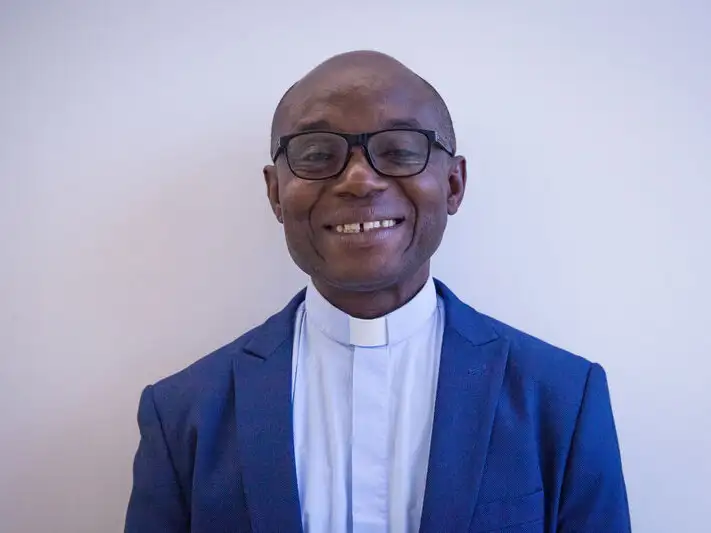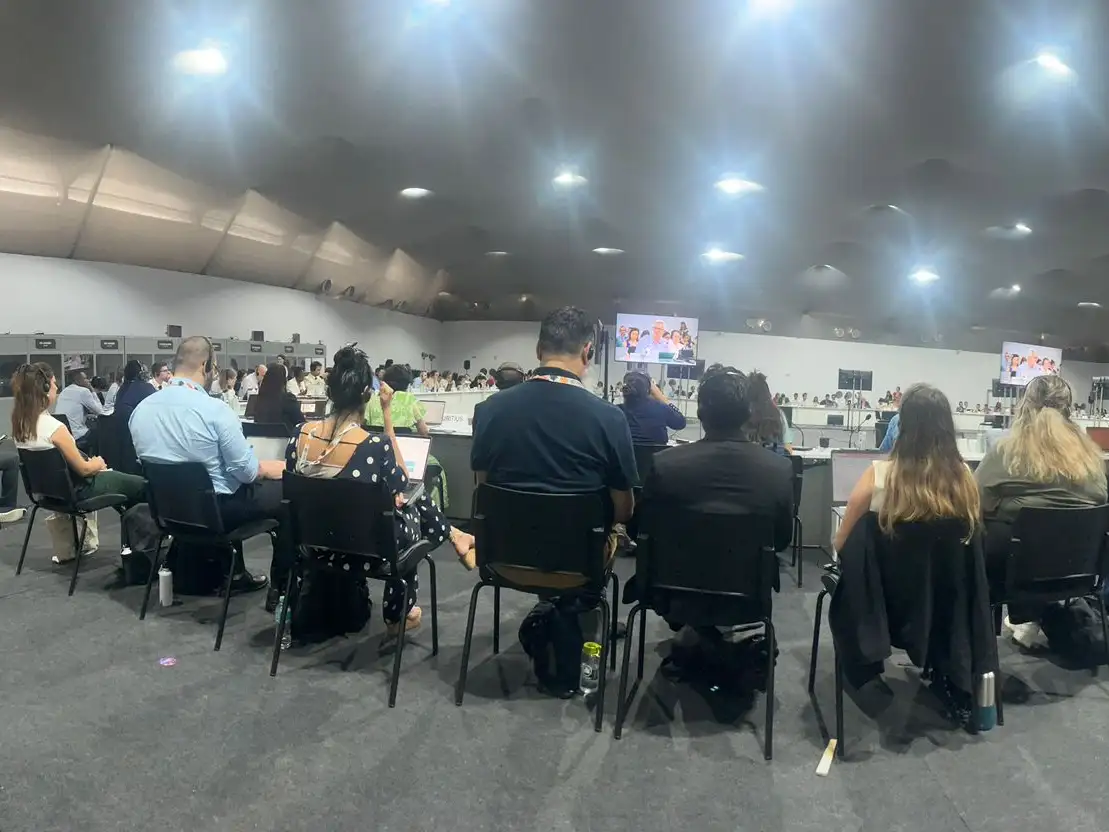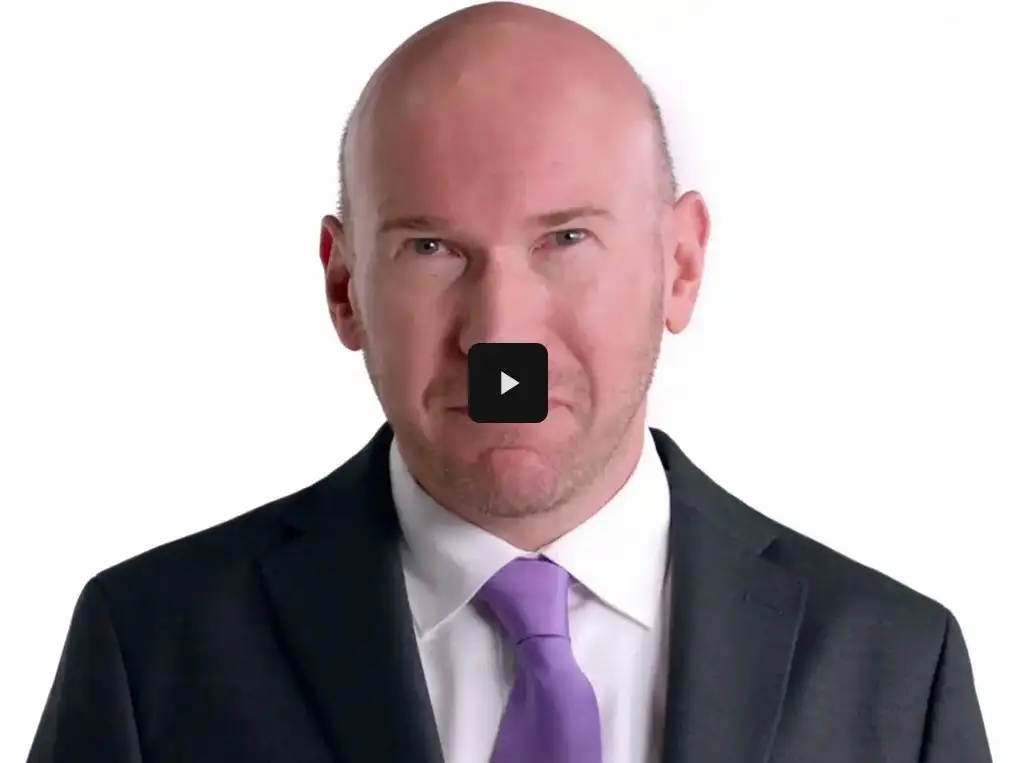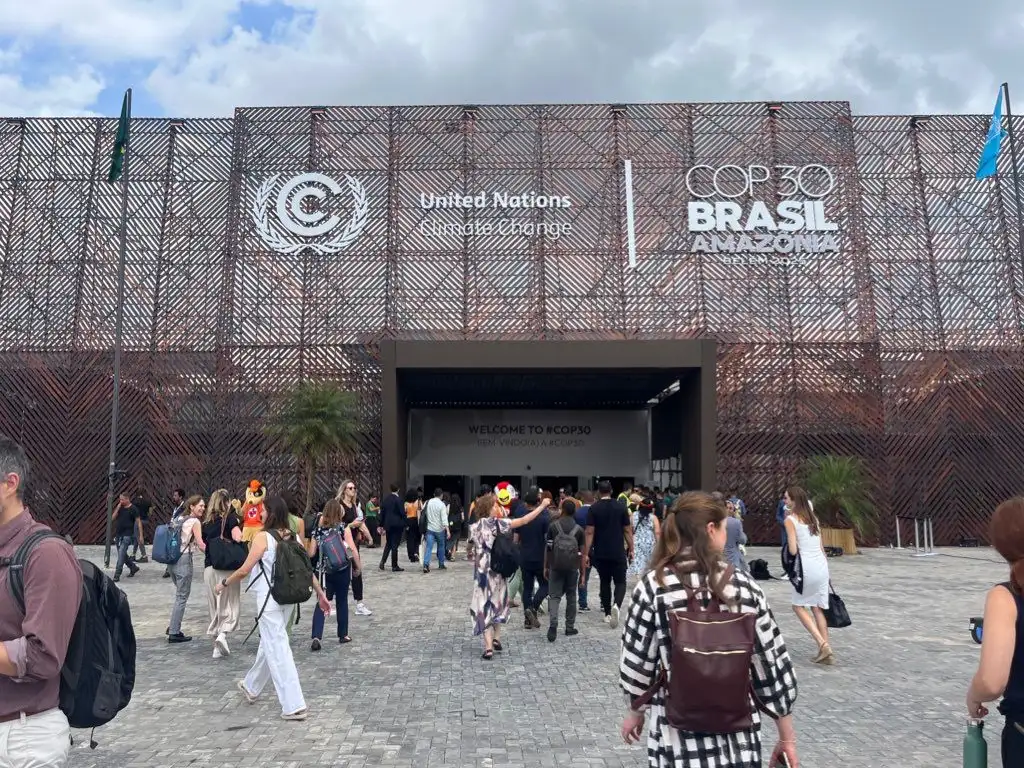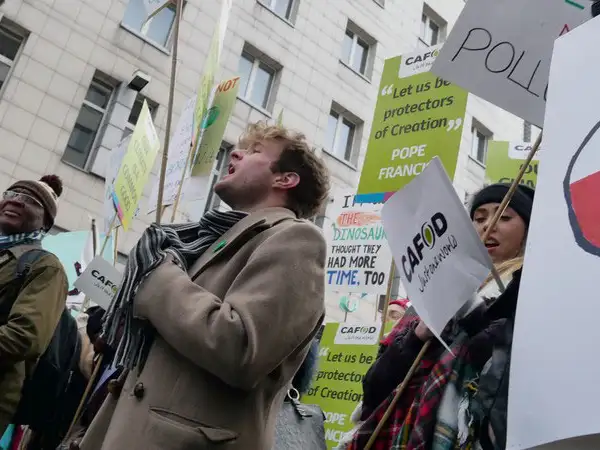

A CAFOD campaigner leads a chant at the COP24 rally. Photo credit: Rosie Heaton
Thanks to the thousands of you who’ve taken part in our climate campaign, Our Common Home, we’ve witnessed a historic breakthrough. In June 2019, the United Kingdom became the first major economy in the world to commit to ending its contribution to climate change, by setting in law a by-2050 net zero emissions target.
We strongly welcome the Government’s decision, the first major economy to do so, which shows real leadership and sets the UK on the path to playing our part to stop climate change. This is a watershed moment and we should celebrate.
We have been campaigning together on climate for many years – from Renewing the Earth, to One Climate One World, Power to be and now Our Common Home. All the work you have done has made a difference.
But it doesn’t stop here. We need transparent and urgent policies to make this announcement a reality. Only by acting now will we protect the poorest and most vulnerable communities around the world. There is no time to waste.
“We need everyone in government to get behind delivering on the target urgently and put in place the policies we need to turn the target from a goal to a reality.”
“This commitment is one of the most important any government could make. In the face of some dark clouds internationally, putting this target in law shows our government acting as a good global citizen.
“This must be undertaken honestly, transparently and without caveats – especially if the UK is seeking to show leadership credentials ahead of its bid to host the climate talks next year.
“We need everyone in government to get behind delivering on the target urgently and put in place the policies we need to turn the target from a goal to a reality.”
Play your part for our common home
To combat the climate crisis we all need to get involved. As individuals, and as part of entire communities, we can all make a difference. Thank you for your continued support and prayers for our campaigning work over so many years. There is rarely an example of just how effective our campaigning is and how world-changing CAFOD’s amazing movement of volunteers and campaigners can be.


